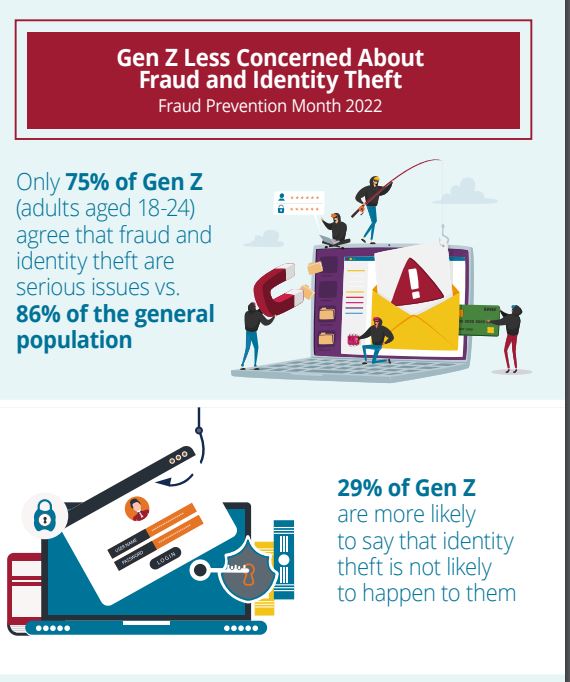Why Gen Z Leads in Online Fraud Exposure
Contrary to the stereotype of internet immunity, Gen Z, the generation born between the mid-1990s and early 2010s, stands out as the demographic most susceptible to online scams. This might seem surprising considering their constant online presence and facility with technology. However, experts point to a combination of factors that make them prime targets for fraudsters.
One reason is the sheer volume of time Gen Z spends online. According to a recent study, this generation dedicates an average of four hours daily to social media alone. This creates a breeding ground for scams that thrive on these platforms. Scammers have become adept at mimicking legitimate businesses and social media profiles, creating a veneer of trust that lulls young users into a false sense of security.
Furthermore, Gen Z's inherent risk tolerance and openness to new ideas can be exploited by online predators. Their eagerness for fast money or exclusive online deals can cloud their judgment, making them more likely to click on suspicious links or engage with misleading content.
The types of scams that target Gen Z are also constantly evolving. Investment scams disguised as cryptocurrency opportunities or social media influencer endorsements are particularly attractive to this tech-savvy generation. Phishing scams that impersonate popular online services or retailers are another common threat.
The financial repercussions of falling victim to these scams can be significant. A 2023 report by the Federal Trade Commission (FTC) revealed a record-breaking $10 billion lost to online fraud in the US alone. Gen Z, with their growing financial independence, is particularly vulnerable to these monetary losses.
Combating this issue requires a multi-pronged approach. Financial literacy programs that educate young people about online threats and responsible online behavior are crucial. Social media platforms also have a role to play in implementing stricter security measures and user verification processes.
Ultimately, the responsibility lies with both users and online platforms to stay vigilant. By understanding the tactics of online scammers and exercising caution when engaging with online content, Gen Z can navigate the digital world with greater confidence and security.


Join the conversation